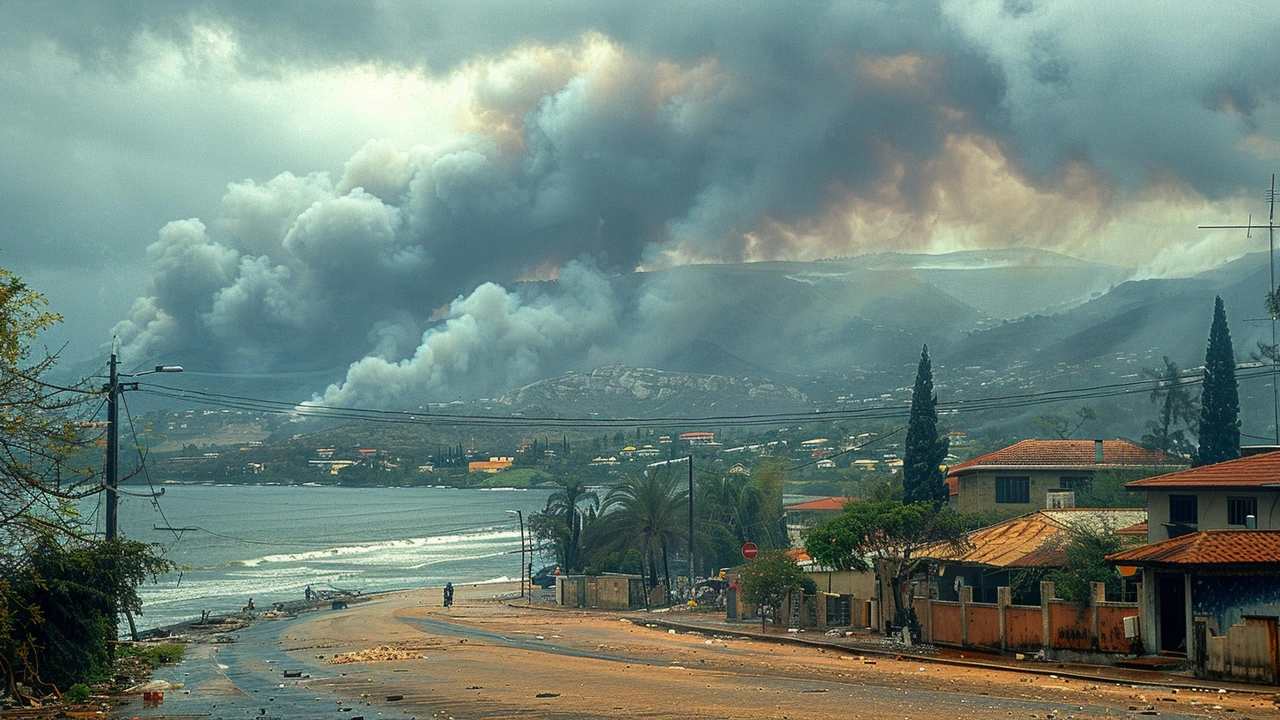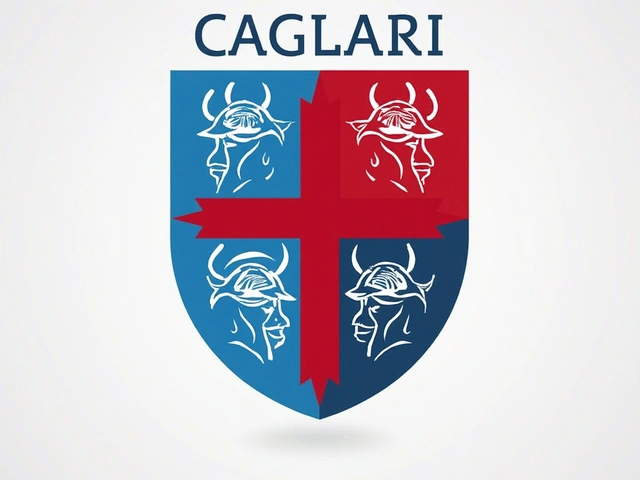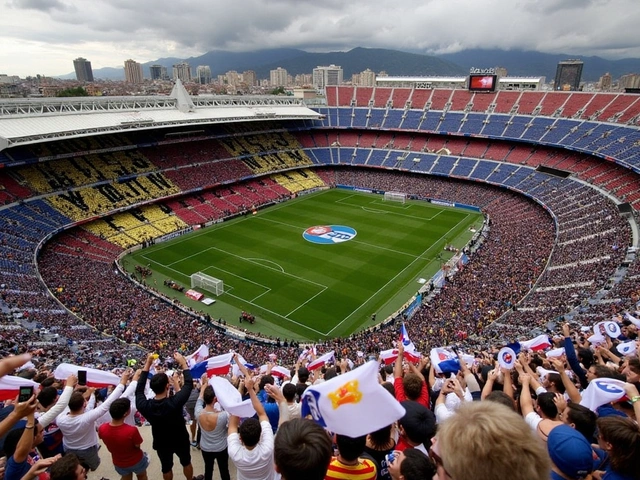France Imposes State of Emergency in New Caledonia Amid Voting Rights Protests
France has declared a state of emergency in New Caledonia as escalating unrest over a proposed constitutional amendment threatens to destabilize the territory. The amendment, intended to extend voting rights to non-Indigenous residents, has sparked outrage among the Indigenous Kanak community, who view it as an attempt to dilute their political influence. The situation has grown dire, with violent clashes marking the third consecutive night of protests.
Demonstrations have turned deadly, with at least four fatalities reported, including a police officer. The streets of Nouméa, the capital, are a battleground where citizens armed with rifles and machetes have engaged in fierce confrontations with riot police. Businesses and homes have suffered extensive damage, and the city is grappling with a palpable sense of fear and uncertainty.
A Fractured Community
The proposed amendment has brought to the forefront the deep-seated division between the Indigenous Kanak population and the predominantly French residents who oppose independence. France’s annexation of New Caledonia in 1853 has left a legacy of contentious political and social dynamics, manifesting now in this explosive conflict over voting rights. The Indigenous Kanak people have long sought greater autonomy and preservation of their electoral power, which they believe is under threat from the proposed changes.
French President Emmanuel Macron has intervened, urging for calm and inviting leaders from both pro- and anti-independence factions to Paris for discussions. President Macron’s call for dialogue underscores the urgency of the situation, which risks spiraling further out of control. His plea for peace, however, has not yet fully allayed the fears and anxieties of the residents, who continue to brace for potential escalation.
Community Under Siege
The high commissioner of New Caledonia, Louis Le Franc, has echoed Macron’s calls for peace, warning that continued violence could result in more casualties. Residents, feeling besieged, have taken drastic measures to safeguard their neighborhoods. Barricading themselves in their homes, many have formed militias in response to the threat posed by the ongoing strife. The atmosphere in the archipelago is one of trepidation, as people are caught in the crossfire of a conflict that has far-reaching implications for their future.
To quell the unrest, France has dispatched hundreds of riot police to New Caledonia, aiming to restore order and prevent further violence. The heavy police presence is a testament to the severity of the crisis, as authorities strive to contain the unrest and protect lives and property. Despite these efforts, the volatile atmosphere persists, with residents and security forces on edge as tensions continue to simmer.
A Call for Unity
The leaders of the independence movement have made repeated calls for calm, emphasizing the need for peaceful resolution and dialogue. They stress that the Kanak community’s fight for political rights should not be marred by violence and destruction. These leaders aim to maintain their moral and political high ground, even as their followers’ patience and resolve are tested by the heated situation.
The struggle in New Caledonia is emblematic of broader issues faced by Indigenous communities worldwide, as they confront challenges to their sovereignty and cultural heritage. The Indigenous Kanak people’s determination to preserve their electoral strength reflects a broader desire for recognition and respect in the face of significant political changes.
Historical Context
New Caledonia’s history is marked by its unique geopolitical status. Located in the Pacific, the archipelago was annexed by France in the mid-19th century and has since been a French territory. The Kanak people, who are the original inhabitants, have continuously pushed for greater autonomy and eventually independence. This historical context is essential to understanding the complexities and sensitivities surrounding current events.
The proposed amendment, seen by many Kanaks as an erosion of their rights, has served as a catalyst for the current unrest. The violent backlash against this proposal highlights the deep mistrust and grievances harbored by the Indigenous population. The conflict serves as a painful reminder of the historical and ongoing struggles faced by the Kanak community.
International Response
The international community is keeping a close watch on the developments in New Caledonia. There are concerns about human rights abuses and the potential for further loss of life. Humanitarian organizations have called for restraint by all parties involved, advocating for peaceful dialogue and negotiations.
Several countries have issued travel advisories, cautioning their citizens about the situation in New Caledonia. The uncertain political climate and the violence have painted a grim picture for the region’s immediate future, with far-reaching consequences that could resonate beyond its borders.
Path Forward
As New Caledonia grapples with this crisis, the focus shifts to finding sustainable solutions that address the root causes of the conflict. For the amendment to be accepted by all parties, there must be an inclusive dialogue that genuinely respects the perspectives of the Indigenous Kanak community. Mutual understanding and concessions from both sides are vital to fostering a peaceful resolution.
The immediate priority remains to quell the violence and protect the lives and properties of New Caledonia’s residents. However, long-term peace depends on addressing the broader issues of self-determination and equitable political representation for the Kanak people.
The situation in New Caledonia serves as a sobering reminder of the fragility of peace in regions with deep-seated historical grievances. The events will likely shape the territory’s political landscape for years to come, highlighting the significance of inclusive and just governance. As the world watches, the hope is that New Caledonia can navigate through its current challenges towards a more harmonious and equitable future.









Write a comment